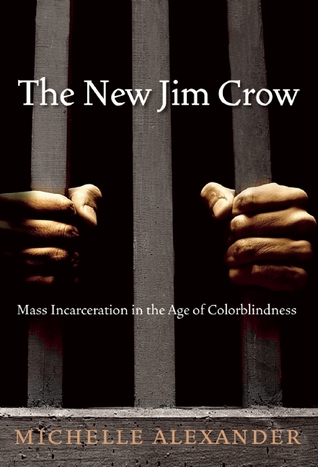The myth of any such constant was exposed to me at Howard University. I was a history majorand yes, I am bragging about this, and not at all humbly. In all my history classes we were treated to the dizzying taxonomy of racemulatto and Italian, creole and quadroon, Jew and mestizo. This terminology would change quickly, change back, and then change again. And borders would change with them. Not even continents were constant. "Africa begins at the Pyrenees," we read in The Races of Europe.
No work more influenced my own thinking on this more than St. Clair Drake's two-volume work Black Folk Here and There. Drake is better known for his study of Chicago, Black Metropolis, a book that informed the profile I wrote of Michelle Obama and, to some extent, my work on reparations. But Black Folk was the first book that made the argument that sticks with me to this daythat there is nothing particularly "natural" about viewing people with darker skin and curlier hair as inferior. Drake surveys all perceptions of people with darker skin, curlier hair, or both across history. He finds very little consistency and concludes that racism, as we know it, is basically a product of the slave trade, which is to say the seizure of power.
Other books confirmed Drake's basic insight to meAllison Blakely's Blacks in the Dutch World, Nell Irvin Painter's The History of White People. If you can get your hands on it I also would recommend The Image of the Black in Western Art, which is both expensive and priceless. It's fascinating to see how black people were viewed before we decided that African ancestry made you, by God or science, property. For a energetic rebuttal (which I find ultimately unconvincing) see Winthrop Jordan's White Over Black.
The import of this all came home for me many years later in Barbara and Karen Fields's Racecraft. The book is a collection of essay, and is sometimes hard to follow, but its basic insight is brilliant. Basically, Americans talk about "race" but not "racism," and in doing that they turn a series of "actions" into a "state." This is basically true of all our conversations of this sort, left and right. You can see this in all our terminologyracial justice, racial quotas, racial discrimination, etc. But this language is ahistorical, and it obscures the current conflict. Affirmative action, for instance, is not intended to remedy plunder (action) but to aid "women and people of color" (state) or produce "diversity" (another state). And the benefits of affirmative action are not people who have been plundered, but "the black race."


